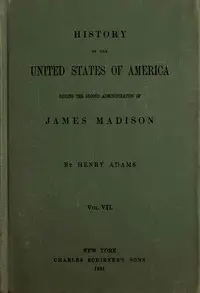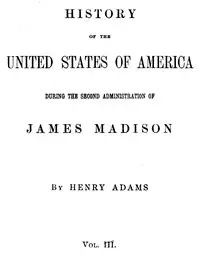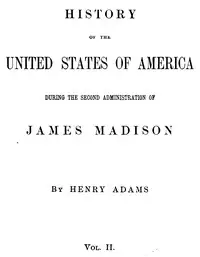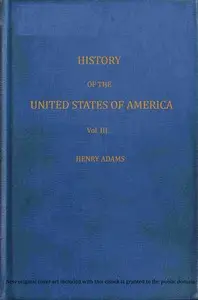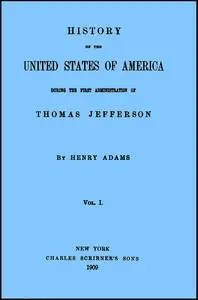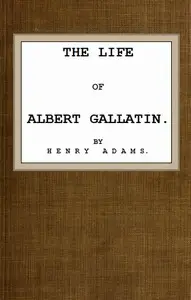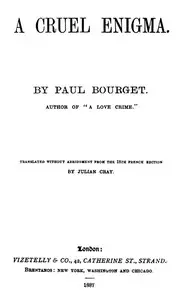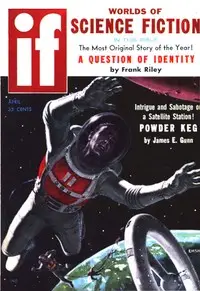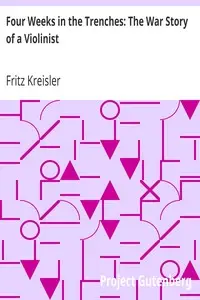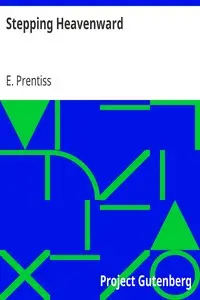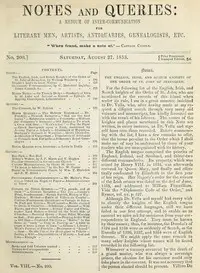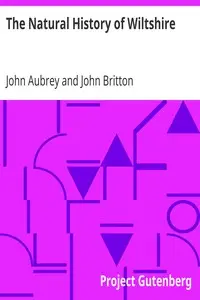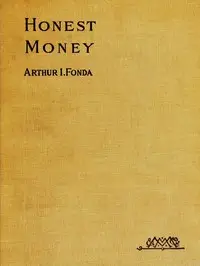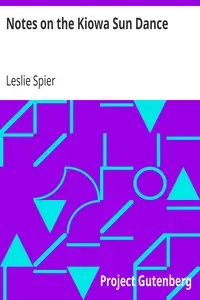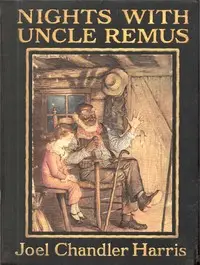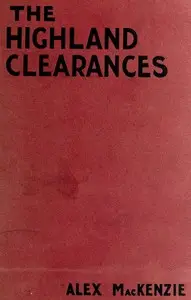"Esther" by Henry Adams is a novel written in the late 19th century. The story is set against the backdrop of New York City, specifically revolving around the activities and lives of Esther Dudley and the clergyman Stephen Hazard, as they navigate their respective roles in society, art, and religion. The novel delves into themes of personal ambition, spirituality, and the interactions among a circle of friends and family, showcasing the tensions between individual desires and societal expectations. The opening of the novel introduces a significant moment in the life of Esther as she attends a church service at the newly built St. John's. Here, she observes the vibrant atmosphere filled with colors and adorned figures while engaging in witty conversations with her companion, George. Their dialogue reveals their critical and often humorous perspectives on the church's aesthetics and the new preacher, Mr. Hazard. As attention turns toward the sermon itself, which articulates the relationship between religion and society, both Esther and George express their thoughts on the discourse while also hinting at their relationships with other characters, including family members and artistic acquaintances. This beginning establishes an intriguing foundation for Esther's quest for identity and fulfillment in a world marked by conflicting personal and artistic aspirations. (This is an automatically generated summary.)
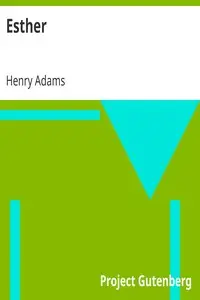
Esther
By Henry Adams
"Esther" by Henry Adams is a novel written in the late 19th century. The story is set against the backdrop of New York City, specifically revolving ar...
Henry Brooks Adams was an American historian and a member of the Adams political family, descended from two U.S. presidents. As a young Harvard graduate, he served as secretary to his father, Charles Francis Adams, Abraham Lincoln's ambassador to the United Kingdom. The posting influenced the younger man through the experience of wartime diplomacy, and absorption in English culture, especially the works of John Stuart Mill. After the American Civil War, he became a political journalist who entertained America's foremost intellectuals at his homes in Washington and Boston.

